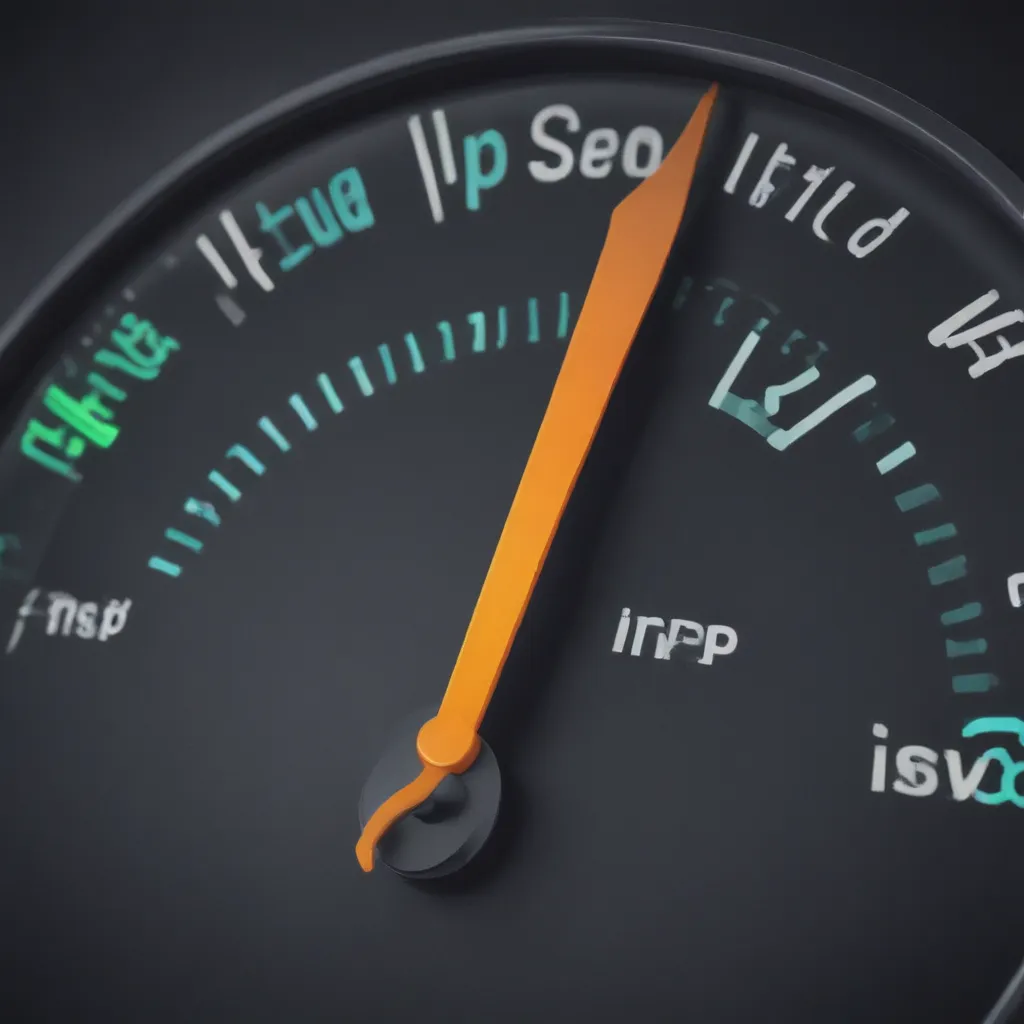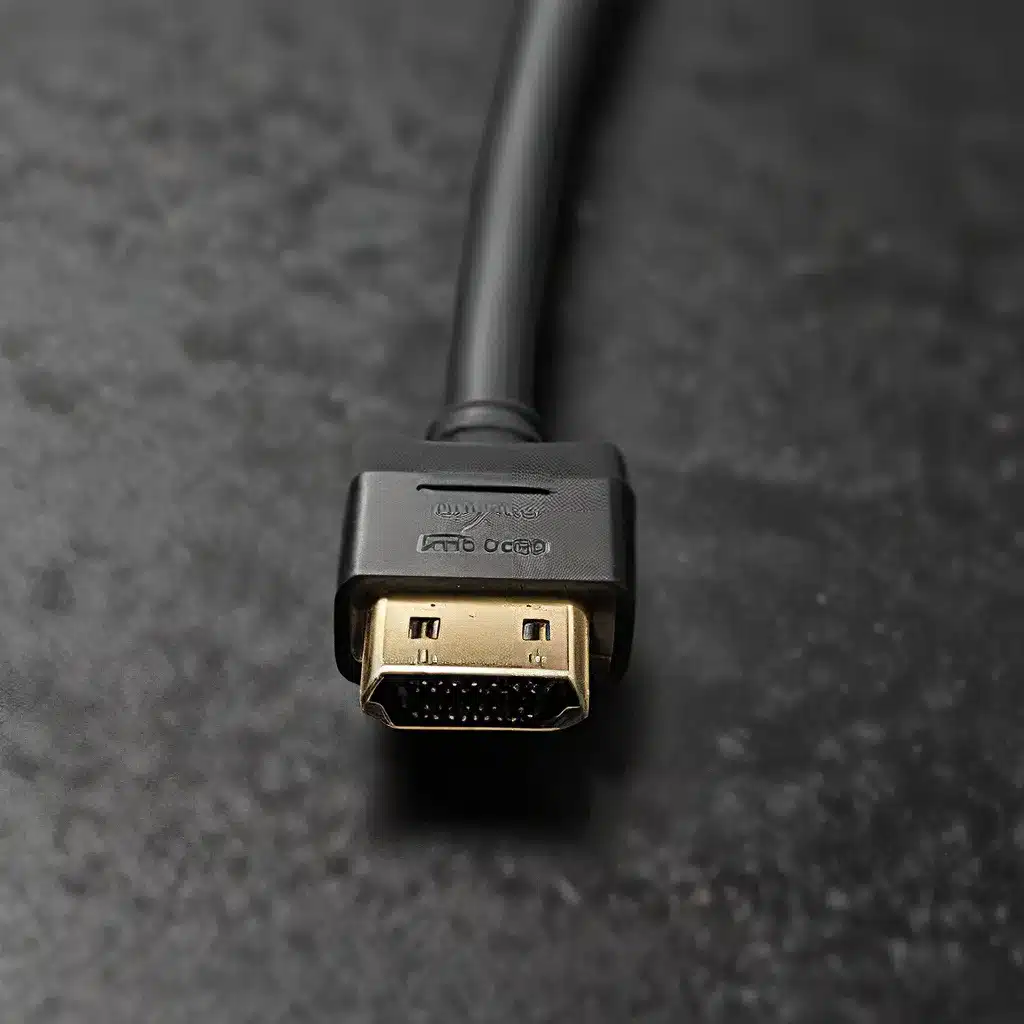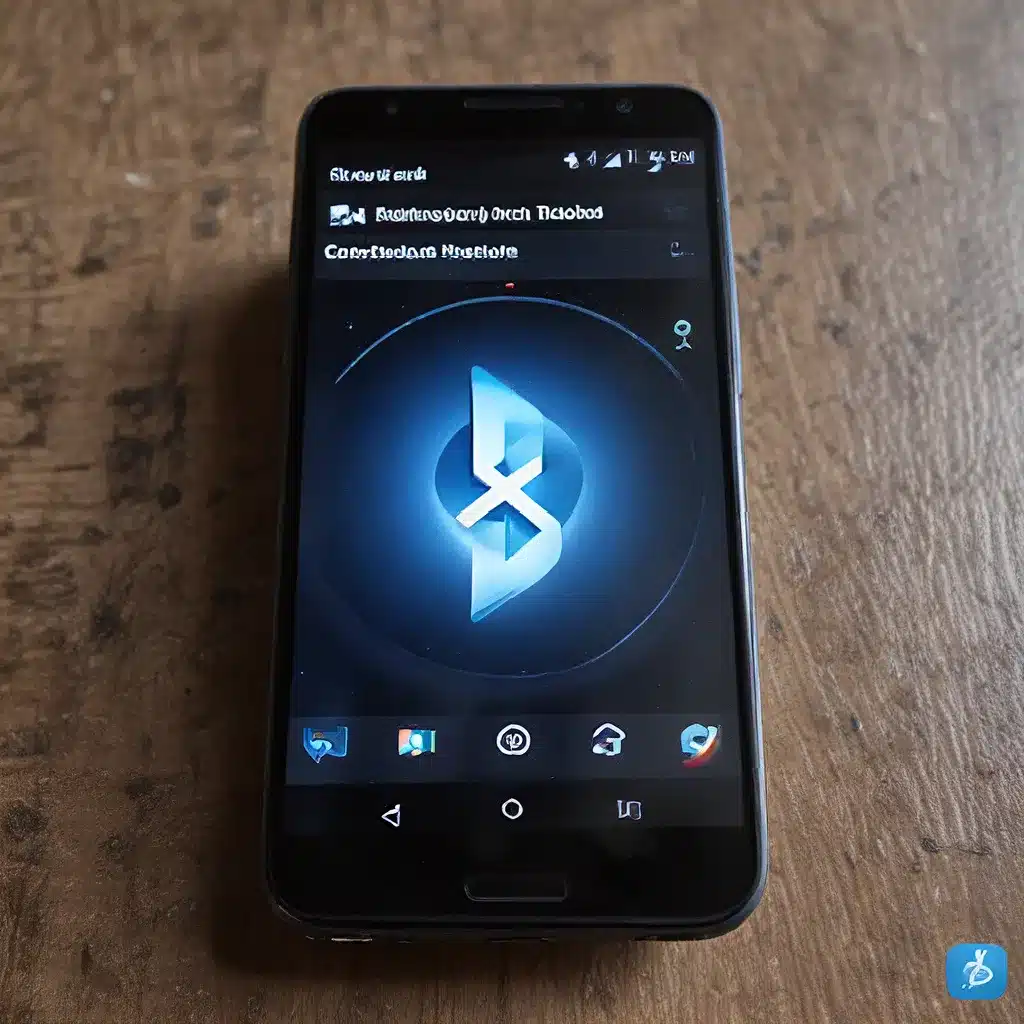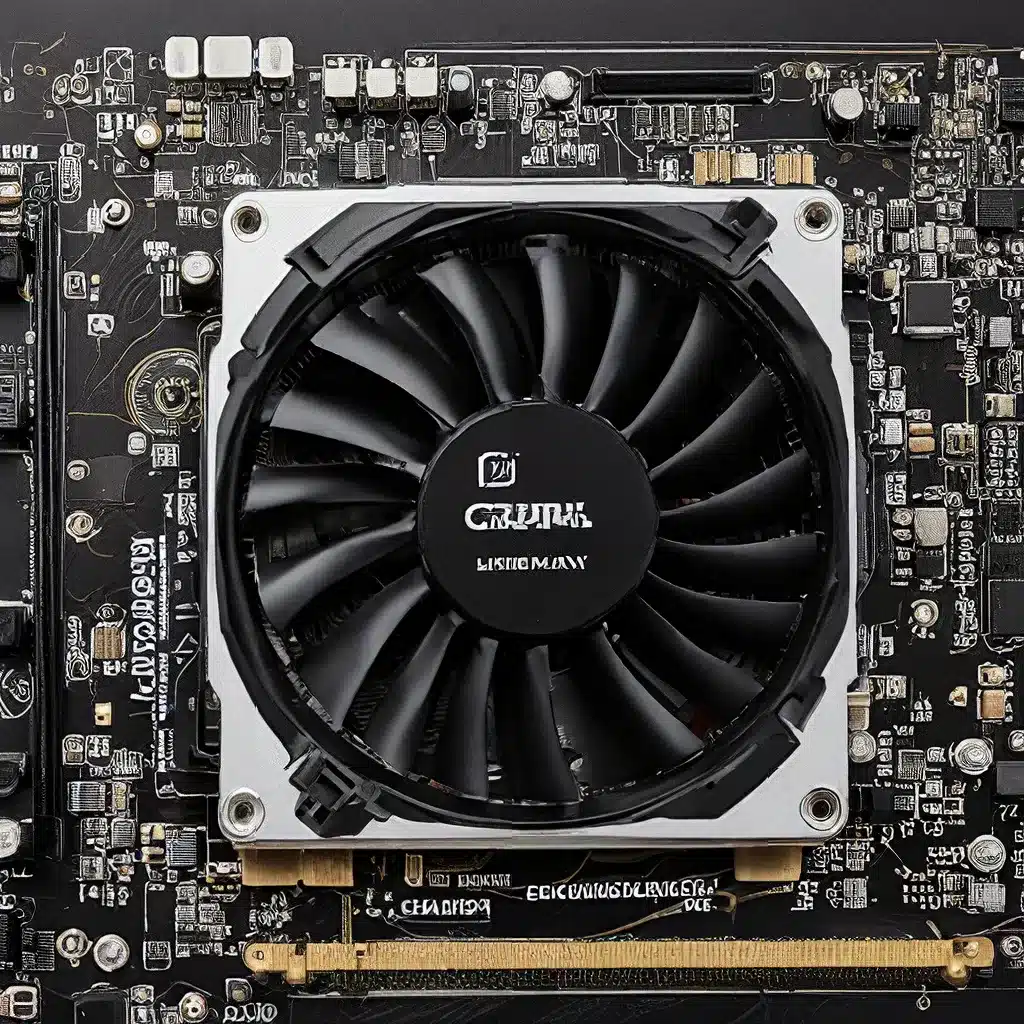Unraveling the Mystery of Internet Speeds
Picture this: You’re eagerly awaiting the latest episode of your favorite show, only to be met with a spinning wheel of doom. “How can my internet be this slow?” you exclaim, as you frantically refresh the page. Sound familiar? If you’ve ever experienced the frustration of sluggish internet speeds, you’re not alone. In fact, it turns out that the speeds advertised by internet service providers (ISPs) may not be the whole story.
As a UK-based computer repair technician, I’ve seen my fair share of internet woes. Customers often come to me, confused and frustrated, wondering why their internet doesn’t match the blazing-fast speeds promised by their ISP. Well, my friend, let’s dive into the world of true ISP speeds and uncover the truth behind those tantalizing advertisements.
The Disconnect Between Advertised and Actual Speeds
It all starts with the way ISPs report their internet speeds. According to the [1] Reddit community, ISPs are required to report the “maximum” or “potential” speeds that their networks can deliver, even if no one is actually achieving those speeds. This means that the speeds you see advertised may not reflect the real-world experience of most customers.
But wait, there’s more! The [2] National Association of Counties (NACo) has found that over half of counties in the United States are experiencing internet speeds below the federal definition of “broadband” – a minimum of 25 Mbps download and 3 Mbps upload. And get this, [3] SuperUser users have reported that their actual download speeds can be significantly lower than the results from speed test websites, which are often used to measure ISP performance.
Uncovering the Factors that Affect True Speeds
So, what’s behind this disconnect between advertised and actual speeds? Well, [4] CNET explains that there are a number of factors at play, including geographic and man-made obstacles, the number of users on a single network, and even the quality of your devices and router.
And let’s not forget about the way ISPs collect and report their data. The [5] OpenWRT forum suggests that ISPs may be using “on-net” measurements, which only test the connection within their own network and can produce higher speeds. But the reality is that most of our internet usage requires “off-net” connections, where we have to travel across multiple networks to access content. These off-net measurements can result in lower speeds that better reflect our true experience.
The Disproportionate Impact on Rural Communities
The [6] TP-Link community forum has shed light on another concerning trend: high-speed cellular service remains a challenge for counties of all sizes, with over 76% of counties averaging cellular connections below the FCC’s minimum standard. And the [7] Fiber-to-the-Home Council Americas found that a staggering 59.6% of counties were experiencing fixed-wireless internet below 25 Mbps, with rural areas being the hardest hit.
But the real kicker? The [8] TestMy.net team discovered that over 65% of counties are experiencing the internet at speeds slower than the levels reported by the industry. And guess who’s bearing the brunt of this over-reporting? That’s right, our friends in the rural counties, where a whopping 73.3% are seeing speeds far below what’s been advertised.
Closing Thoughts: Empowering Consumers and Driving Change
It’s clear that the true state of internet speeds is a far cry from the glossy marketing promises of ISPs. As a computer repair technician, I’ve seen the frustration and confusion first-hand, and it’s time to shed some light on this issue.
By understanding the factors that affect true internet speeds, we can better advocate for ourselves as consumers and push for more transparent and accurate reporting from ISPs. After all, access to high-speed internet is no longer a luxury, but a necessity in today’s digital world.
So, the next time you’re tempted to believe the hype, remember that the true test of an ISP’s performance lies in the real-world experiences of its customers. And if you’re not getting the speeds you were promised, don’t hesitate to speak up and demand better. Together, we can hold ISPs accountable and ensure that everyone has access to the fast, reliable internet they deserve.
[1] https://www.reddit.com/r/HomeNetworking/comments/1ay2102/i_dont_understand_how_internet_speeds_work_at_all/
[2] https://www.naco.org/resources/featured/understanding-true-state-connectivity-america
[3] https://superuser.com/questions/617386/why-is-my-actual-download-speed-less-than-that-found-by-by-speedtest-net
[4] https://www.cnet.com/home/internet/is-your-internet-slow-heres-how-to-tell/
[5] https://forum.openwrt.org/t/speed-test-bad-isp-or-router-issues/129828
[6] https://community.tp-link.com/en/home/forum/topic/94284
[7] https://www.thefai.org/posts/understanding-advertised-vs-real-world-broadband-speeds
[8] https://testmy.net/hoststats/true_internet













